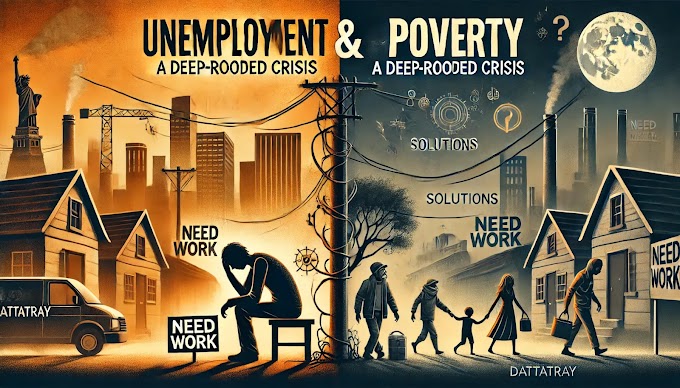Unlocking Opportunities: The Role of Economics Graduates in the Banking Sector
Introduction:
In the dynamic world of finance, the synergy between academic knowledge and real-world application is vital. For economics students, the prospect of working in banks is not only feasible but also opens up a spectrum of opportunities. In this blog, we'll explore the ways economics graduates can contribute significantly to the banking sector.
The Analytical Edge of Economics Graduates:
Economics is often hailed as the "queen of the social sciences" due to its emphasis on analytical thinking, problem-solving, and understanding human behavior in economic contexts. These very skills are a goldmine for the banking industry.
Financial Analysis:
Economics graduates possess a strong foundation in quantitative analysis. This skill is invaluable in financial analysis, where professionals assess the performance of investments, evaluate risk, and make strategic financial decisions.
Market Research:
Understanding market dynamics is a core aspect of economics. Banks heavily rely on market research to make informed decisions about investments, products, and services. Economics graduates, with their insights into economic trends, can contribute significantly to this process.
Risk Assessment:
Banking involves inherent risks, and here's where economics graduates shine. Their training equips them to assess and manage risks effectively, an essential skill in areas such as credit analysis and loan underwriting.
Specialized Roles for Economics Graduates:
Financial Planning and Advisory:
Economics graduates can play a pivotal role in guiding clients through financial decisions. Whether it's retirement planning, investment strategies, or wealth management, their expertise in economic principles is a valuable asset.
Treasury Operations:
Managing a bank's liquidity, investments, and risk exposure falls under the purview of treasury operations. Economics graduates, with their understanding of financial markets, are well-suited for roles in treasury departments.
Policy and Compliance:
Banks operate within a regulatory framework, and staying compliant is paramount. Economics graduates can contribute to policy analysis, ensuring that the bank aligns with financial regulations and ethical standards.
Navigating the Transition:
Further Education:
For those aiming for specialized roles, pursuing additional certifications or a master's in finance can enhance their qualifications and open doors to more advanced positions.
Networking:
Building a professional network within the banking sector is crucial. Attending industry events, joining professional organizations, and leveraging online platforms can provide valuable connections and insights.
Internships:
Securing internships during or after completing your degree can provide practical experience and make you more attractive to potential employers.
Conclusion:
Economics students are not only welcome in banks; they bring a unique skill set that complements the industry's demands. Their analytical prowess, understanding of market forces, and risk management skills position them as valuable assets in the banking sector. As the financial landscape continues to evolve, the contribution of economics graduates to the banking industry is not just encouraged but essential for driving innovation and maintaining the stability of financial institutions. If you're an economics student eyeing a career in banking, know that your expertise is not just wanted; it's a key ingredient for success in this dynamic and ever-evolving field.







.png)



.png)

0 Comments